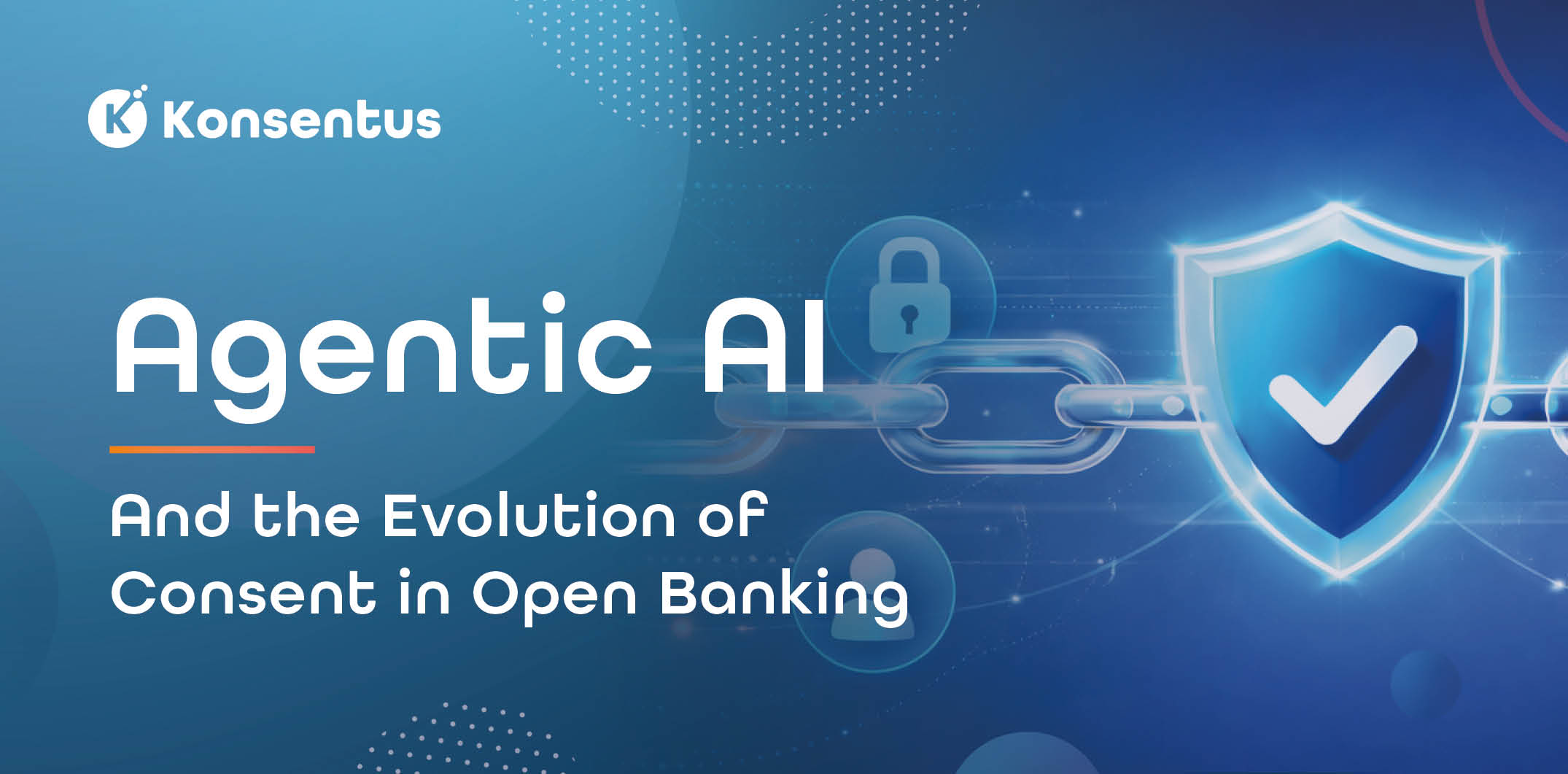With open finance hotly discussed, one of the prominent areas of activity is the Berlin Group’s Open Finance workstream. In six months, they have published eight consultations on open finance standards documents. In September 2021, Open Banking Europe hosted a webinar that looked at what these consultations are about and when they would translate into increased, standardised open finance API calls.
Open finance will be a major step forward from the world of open banking, enabling consumers to have full control over data from their pensions, mortgages, assets, and investments, for a range of use cases and better financial services.
Banks have begun innovating beyond open banking and incorporating additional APIs, but no current regulation or common standards exist for open finance. The second Payment Services Directive (PSD2) deals solely with open payments: it does not cover the full scope of open banking, let alone open finance.
Beyond PSD2
The European Commission has started creating a legislative proposal for a new open finance framework, which will be ready next year. Building on the PSD2 experience, this new regulation aims to incorporate retail payment strategies, digital transformation initiatives and other facets of open finance into one framework.
There are a few private sector schemes and initiatives which are moving towards open banking (EPC SEPA Request to Pay, SEPA API Scheme and EPI) which OBE has described elsewhere. Individual banks are offering “Value Added APIs” that go beyond PSD2, but each implementation is different.
Since the end of 2020, the Berlin Group started creating standards for open finance to avoid fragmentation.
Who are the Berlin Group?
The Berlin Group is one of the most prominent (and certainly loudest) European API standards organisations. They have two different streams of work:
- Berlin Group NextGenPSD2 provides compliance standards to support PSD2 compliant APIs.
- Berlin Group Open Finance deals with creating an open finance API framework and functionality that builds on the PSD2 APIs but extends them to different use cases.
During the webinar, some of the differences around the key features of open finance and PSD2 were discussed, as was the structure of the Berlin Group Open Finance work and the Berlin Group Open Finance Framework itself, before turning to the functionality that is being developed.
Five Finance Functions
In the first half of the year, the Berlin Group published eight market consultations on API standards which go beyond PSD2. These cover five different areas as described below:
Push Account Information Services “enable account information to be pushed to the openFinance API client”. In other words, they allow a TPP not only to initiate a payment but to get notifications when a payment comes in. This helps a TPP confirm to a merchant that a payment has been made, in real time, without endless “polling” of the API.
Extended Payment Initiation Services allow payment functionality to be enhanced in a number of ways, but two key applications were highlighted: Reservation of funds allows a customer to ‘block’ funds for a defined period of time and then provide a deferred payment option which uses those blocked funds. This is a basic functionality of card usage, but it has been lacking in the payments’ world. By allowing an API-initiated payment to be made at a later date with ‘blocked’ funds, transactions where the final amount is not known at the outset – from hotels to petrol stations – will be possible.
The second Extended Payment Initiation Service discussed was recurring payment options with variable amounts. A recurring payment option allows a bank customer to authorise future payments through a TPP. The main benefit is that it enables a user to pay for things on a regular basis, without knowing the exact amount of each payment. So, it is similar to direct debit, but gives the customer greater control. Combining variable payment amounts with account aggregation is also very useful for ‘sweeping’ (where money is moved between different bank accounts to ensure that accounts stay within a certain limit). The UK has recently announced Variable Recurring Payments (VRP) in the latest open standard published by the OBIE, which is causing a lot of excitement.
Pay by Loan provides the ability to not only buy something using a payment initiation service, but to subscribe to a new loan in real time. It gives greater power to the consumer, who can deal directly with their bank. For example, when buying a new car, an API could connect the consumer to their bank to take out a loan instantly, rather than using the finance company of the car dealer.
Request to pay APIs support the SEPA request to pay Scheme (RTP), which is a set of operating rules and technical elements allowing the payee to claim an amount of money from a payer for a specific transaction. Under RTP, an open finance API client can submit an e-invoice, so the payment is made later.
Request to pay endeavours to be both an electronic invoice and e-commerce solution proving both real-time confirmation and certainty of payment.
Administrative services are a consultation to help TPPs find and subscribe to APIs. They enable TPPs to download information about which APIs a bank has and what services they’re offering, in an automated way.
So, what happens next?
There is still a way to go. The Berlin Group has created operational rules, but aside from request to pay, there are still no implementation guidelines or standards.
Once standards exist, banks will choose whether or not to develop services and implement them. Assuming standards are developed, these must then be turned into specifications and APIs built. These APIs will then be offered to the TPPs, who can start to build against them and then maybe offer services to customers.
None of this will happen overnight, but there is a clear demand from TPPs, and clear intent from many banks to expand services. In 2022, we could see the first of these open finance services entering the market.
Impact on the trust framework
One point that came from the webinar is that moving to open finance potentially takes the industry into a new space. In the world of PSD2 APIs, all players must be regulated. In the voluntary domain of open finance, this is not necessarily true. This alters the trust framework considerably and so impacts how the banks manage API Clients.
Open banking is still evolving, and the world of open finance is changing by the day. To keep up to date with the concepts, challenges and opportunities provided by open banking and open finance, register for our webinars and join as a member by contacting us.




